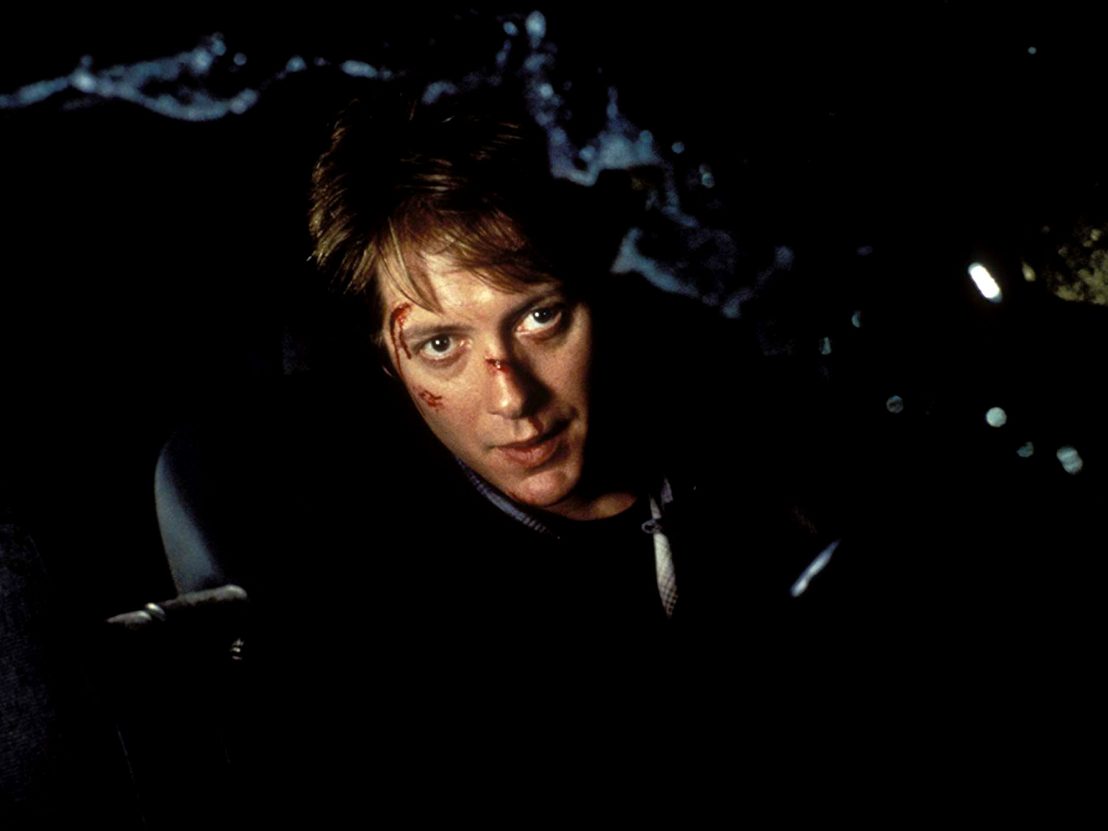
By the time David Cronenberg’s Crash arrived in UK cinemas in 1997, it had already left a trail of controversy in its wake. A head-on collision with tabloid puritans in the US caused a cultural crash site, meaning British audiences would have to wait a full year to see a film which had been dubbed “beyond the bounds of depravity”. Yet, to me, Cronenberg’s adaptation of JG Ballard’s 1973 novel proved less scandalous than the papers suggested and more personal than the caustic satire critics have since championed.
At the age of 12, I was involved in a car accident. Although I suffered only bumps and bruises, the crash instilled in me a deep fear of the comfy confines of the automobile. What was once my own private movie theatre onto the world – with cupholders and reclining chairs to boot – was now a satin-coated casket, child-locked indefinitely. Like any reasonable neurotic, I retreated to my bedroom. That shady nook of suspicious smells and forgotten toys became the only place where I felt in the driver’s seat. It was here, under the familiar glow of the television screen, that I first encountered Crash.
Horror cinema has always been rooted in the loss of control; the moment someone loses their grip on their identity and their life veers off course. It’s terrifying, thrilling, and a recurring theme through much of Cronenberg’s early work. But where the likes of Shivers and Videodrome see characters surrender their independence to strange, malignant forces, Crash flips the script. The film follows a couple who are lured into an auto-erotic subculture in which car crashes become a strange, sexual compulsion. By confronting death, the characters ultimately rewrite their own narratives.
What instantly stood out to me was the eerie realism with which Cronenberg depicts the car crashes. For a film fizzed up to be a nihilist’s wet dream, they are remarkably unspectacular. Neither fast nor furious, the accidents are instantaneous blips. Clean, crisp and uncluttered by high-wire camera tricks, it’s clear that the director is more interested in the aftermath – the same place I found myself permanently stuck.
The film’s visual regime of twilight hues and clinical detachment perfectly mirrored the dull rhythms of my PTSD. As years passed, I came to the somber conclusion that I would never be able to drive. When, at 17, friends started pulling up to school, brandishing newly printed licenses, I quietly championed the virtues of planes, trains and bicycle wheels. Cronenberg’s frame, much like my own frame of mind, was one of gnawing frustration.
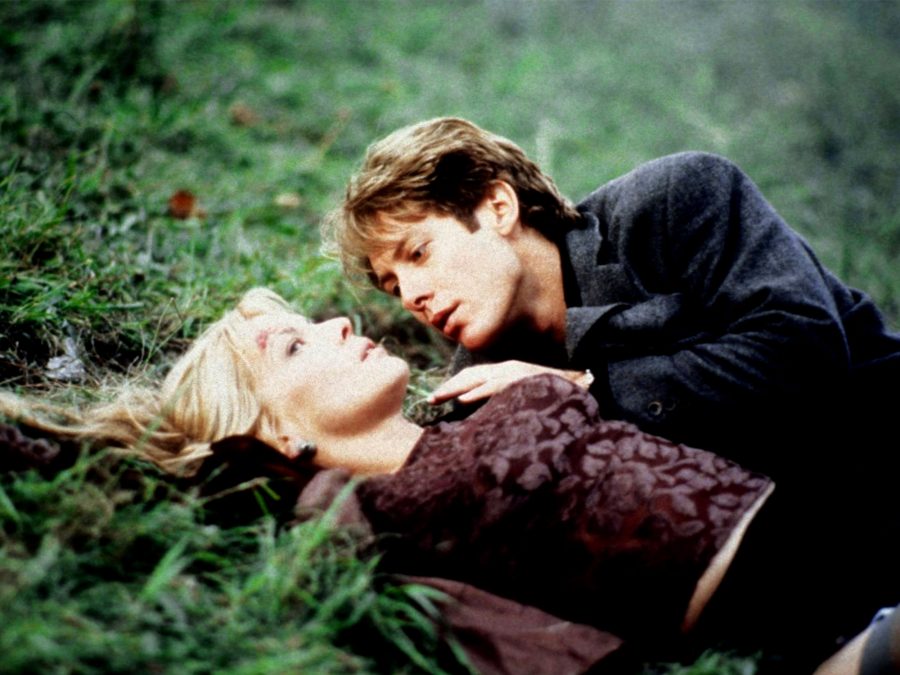
The protagonist appears no different. James, played by a somnambulant James Spader, is a pile-up of stifled urges. Hollow, stiff, with a complexion verging on translucent, he wafts through scenes like a spectre seeking passage from purgatory. The initial car accident he suffers, catapulting him into a netherworld of technophilia, symbolised for me a sudden jolt, resuscitating the soul from a state of slumber. It became evident that Crash wasn’t the fetish flick its detractors claimed. Its characters are more akin to pioneers than perverts, searching for meaning in a senseless world.
Meaning becomes malleable within Crash’s playful philosophy, rendering flesh into metal, death into sex, where even the scar which tears across Gabrielle’s (Rosanna Arquette) thigh can serve as a makeshift sexual orifice. Pain, like most things shot through Cronenberg’s lens, mutated before my eyes, becoming a raw material for power.
On its surface, Crash may seem a cautionary tale against the passive acceptance of technological innovation. Yet it’s the existential romance rumbling beneath the bonnet that resonated with me, one celebrating the power of human will. The “benevolent psychopathology”, which Elias Koteas’ Vaughn predicts will soon alter humankind, to me, sounded a wake-up call to reroute my own destiny.
Cronenberg’s film affected me the same way its collisions affects his characters. That first viewing was akin to hot-wiring my consciousness before charging into the unknown. These were bodies in rebellion and I was preparing for war. When finally – after many attempts – I sat behind the wheel, adjusting dials, nudging pedals, checking that the handbrake was indeed on, I felt the fear which once paralysed me slowly drift beyond concern. I was finally taking back control.
“Maybe the next one,” I told myself, quoting the film’s final words each time I flunked my driving test until, one day, I passed. Crash may not be your typical road movie, but if there’s a lesson to be learned come its journey’s end, it’s in accepting that we all possess the strength to realign the borders of selfhood. We are mutants, shapeshifters, growing and evolving, Cronenbergian creatures of infinite potential.
Published 25 Aug 2019
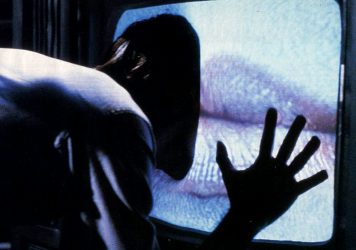
David Cronenberg’s erotically-charged social satire is a cautionary tale for the internet age.
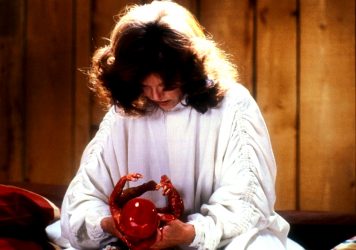
In the director’s 1979 body horror, maternal functions are a source of repulsion and terror.
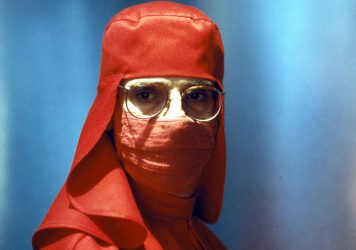
By Adam Scovell
The director’s tale of twin gynecologists is a gory study of the relationship between the physical and mental self.